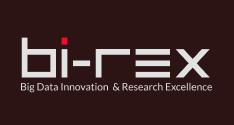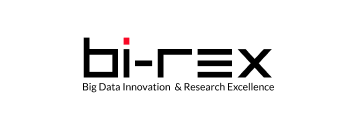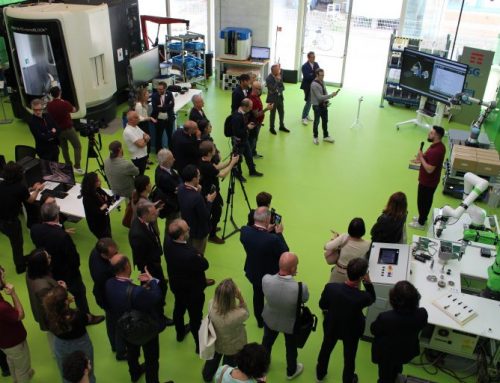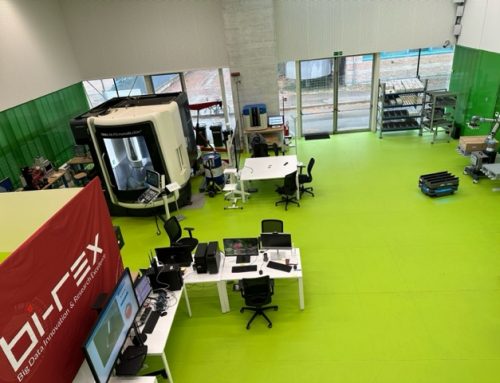A strategic initiative by the Emilia-Romagna Region, which provides 200 million euros of investments to promote an advanced, inclusive and sustainable model of innovation: BI-REX will play an active role in this game.
The new digital agenda of the Emilia-Romagna Region 2020-2025 was approved by the Regional Legislative Assembly: “Data Valley Common Good” is the name given to the new regional strategy, launched with the Pact for Labor and Climate and with the National Recovery and Resilience Plan, to make the Emilia-Romagna Region a hyper-connected reality projected into the future.
For Emilia-Romagna this is a concrete signal in favor of digital culture, technological innovation, sustainable development and social integration. The strategy, which provides for an allocation of resources equal to 200 million euros until 2025, is based on some key points:
- Data as a common good, disseminated and available to the territory;
- The dissemination of the digital skills necessary for the transformation of the production sectors and the Public Administration, up to real digital public services centered on the user, who will be able to access them anywhere thanks to a hyper-connected Emilia-Romagna;
- Online communities as an indispensable resource for combating the marginalization of certain territories and gender inequality.
The implementation of the “Data Valley Common Good” strategy will develop within a regional ecosystem dedicated to innovation and digital development that affects the private sector, the public sector as well as the third sector, to ensure a homogeneous and organic development of the region. A complex system in which various actors play a key role: among these there is also BI-REX, which in its role as an aggregator center of the public and private world in the Industry 4.0 sector, has provided its contribution for the preparation of the agenda and will be actively involved in the implementation of this ambitious strategy, in support of Emilia-Romagna companies.

Press Conference for the presentation of the RER Digital Agenda
The actions of the 2025 Digital Agenda
At the basis of the whole strategy is a new approach to data, which effectively becomes the fulcrum of change resulting from technologies. Their availability and use will be defined by a specific Data strategy for the regional system, which sees the data used both for the services, adapting them to the user and the sector of interest, as well as for the decisions, which must increasingly be based on the processing and analysis of numbers. All with the support of artificial intelligence.
Together with data, IT skills are the other axis on which the Digital Agenda is based: the aim is to spread digital responsibility and awareness throughout the population, with a particular focus on the gender gap and the involvement of the sector. public and private, from schools to foundations passing through training institutions. These digital skills will then have to be put at the service of both industrial development and job retraining, also introducing new advanced professional figures in the field of data management, and for the digital transformation of public administration, which must start with the training of its staff.
The technological breakthrough in the public sector will lead to more flexible services and a more dynamic relationship both between users and public administration and between different entities. Thanks to the exploitation of data, innovative administrative processes, different working models and a new organizational culture will be possible, to arrive at totally digital methods of simplification. Here, therefore, that the public sector will have to give continuous and reinforced attention to smart working, IT security, the protection of privacy and the ethics of algorithms, for transparency and participation based on digital and data.
Another goal is to offer user-built digital public services, integrated at national and regional level, increased thanks to the collaboration made possible by cloud architectures and shared design, simple because they are conceived directly in digital mode, and safe.
Another element at the center of the Agenda is the transfer of the skills and services of the Data Valley to the productive sectors, starting from a sharing of data between public administration, companies and the third sector up to industry 4.0, with particular attention to small and medium-sized enterprises.










Leave A Comment